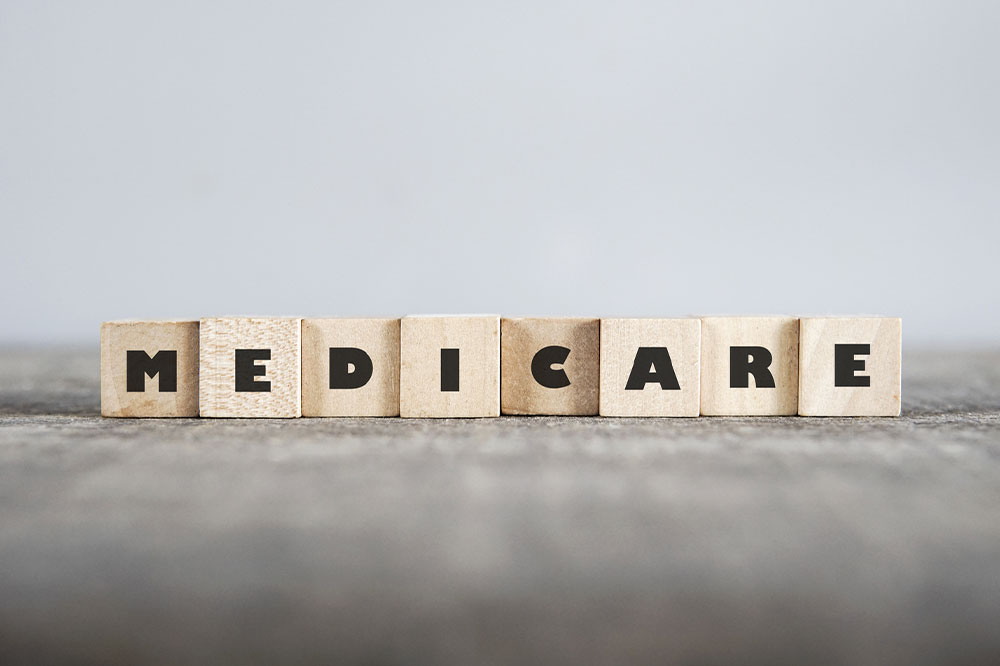Complete Guide to Accessing Hearing Aids with Medicare Enrollment in 2024
This comprehensive guide explains how Medicare beneficiaries in 2024 can access hearing aids, including the roles of Medicare Advantage, Medicaid, veteran benefits, and private vendors. While original Medicare does not cover hearing aids, various options and programs are available to help individuals obtain affordable hearing solutions. Staying informed and choosing approved providers can significantly reduce costs and improve hearing health. This article is essential for seniors and those with hearing difficulties seeking practical advice on financing and accessing hearing aids within the evolving Medicare landscape.

Comprehensive Guide to Accessing Hearing Aids through Medicare in 2024
Hearing loss affects a significant portion of the population, especially as individuals age. Yet, the high costs associated with hearing aids often create barriers to treatment for many Americans. Understanding how to access hearing aid services through Medicare can be complex, especially given the nuances of coverage policies. This guide provides an in-depth overview of Medicare options, eligibility criteria, and alternatives available in 2024 for those seeking hearing assistance.
Most traditional Medicare plans (Part A and Part B) do not cover hearing aids or routine hearing exams. This longstanding limitation can be frustrating for beneficiaries who need these services. But options exist within the broader Medicare framework, especially through supplemental plans and alternative programs. Understanding these options is crucial for managing hearing health effectively in 2024.
Medicare Part A primarily covers hospital and inpatient services, while Part B covers outpatient services, doctor visits, and diagnostic assessments. Unfortunately, neither explicitly includes coverage for hearing aids or standard hearing evaluations. This absence has led many to seek alternative routes for obtaining affordable hearing solutions.
However, some Medicare Advantage (Part C) plans, offered by private insurers approved by Medicare, may include additional benefits such as hearing aid coverage. These plans are designed to be more comprehensive and often feature extra services not found in original Medicare. The extent of coverage varies by plan, and specific terms and conditions apply. Typically, these plans help offset part of the costs but rarely provide full coverage for high-cost devices.
It is crucial for beneficiaries to carefully review their Medicare Advantage plans and understand the coverage specifics related to hearing aids. For many, the out-of-pocket expense remains significant, but the coverage can help reduce financial barriers.
Veterans who suffered hearing loss during military service should explore benefits through the Department of Veterans Affairs (VA). VA healthcare benefits often include comprehensive coverage for hearing aids, assessments, and related services. If you are a veteran, this can be a valuable and cost-effective pathway to obtain the hearing assistance you need.
Individuals qualifying for Medicaid in certain states may also find assistance through specific state-funded programs designed to provide hearing aids and routine evaluations. Medicaid's coverage varies by state but often includes comprehensive support for qualifying individuals, making hearing care more accessible and affordable.
For those enrolled in Medicare Advantage or Medicaid, it’s essential to follow your plan’s enrollment and provider guidelines meticulously. Purchasing hearing aids from providers approved under your plan ensures maximum utilization of coverage benefits, minimizes out-of-pocket costs, and streamlines the process of acquiring hearing assistance. Preventative audiology check-ups and hearing aid adjustments are crucial for maintaining optimal hearing health over time.
In addition to public programs, several private vendors and clinics specialize in providing affordable, high-quality hearing aids. Some vendors participate in rebate or financing programs that can make these devices more accessible. Always verify the vendor’s affiliation with your health plan to ensure coverage and discount applicability.
Staying informed about emerging policies, technological advancements, and new coverage options can significantly enhance your ability to access affordable hearing care. It’s advisable to consult healthcare professionals specializing in audiology to determine the most appropriate hearing solutions tailored to your needs.
In summary, while traditional Medicare does not directly cover hearing aids, multiple pathways and supplemental options exist in 2024 that can help you obtain the hearing assistance you require. Exploring veteran benefits, state Medicaid programs, and private insurance plans can significantly reduce financial barriers. Always review your plan details, consult with specialists, and choose approved vendors to maximize coverage and enjoy a better quality of life through improved hearing.





